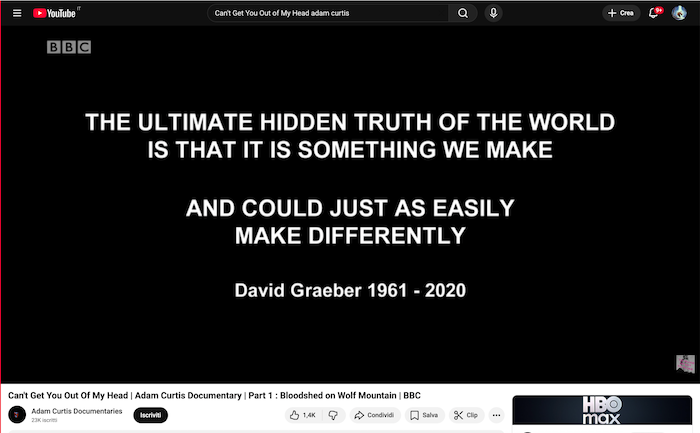Hi everyone! We’re excited to share some updates:
Bonfire 1.0.1 is out! 🎉
This release is all about making your social web experience livelier, more connected, and truly yours. It brings features like following hashtags, scheduled posts, dashboard widgets, and more. This is the very first delivery from the maintenance work funded by your incredible support. Thank you for helping us reach this milestone and keep Bonfire thriving!
For details about the release see our latest blog post: Bonfire 1.0.1: Building Momentum
What’s next for crowdfunding?
If you're an existing backer, the pledge manager is now open. Please keep an eye out for updates there so we can start preparing rewards for you.
The campaign is open again for the next month. With core maintenance funded, every new pledge (or increased pledge from existing backers) now goes directly toward our first stretch goal: federated groups. Support or share our extended campaign to help fund community-owned, cross-instance spaces for real collaboration and self-governance.
Bonus good news: Thanks to a new grant, end-to-end encrypted messaging in Bonfire is now funded and in development!
Thank you once again for being part of the Bonfire movement! Your feedback, support, and community spirit make all of this possible. If you have questions or want to get involved, reach out or come say hello at FOSDEM if you’re in Brussels at the end of January!
With gratitude,
The Bonfire Team




